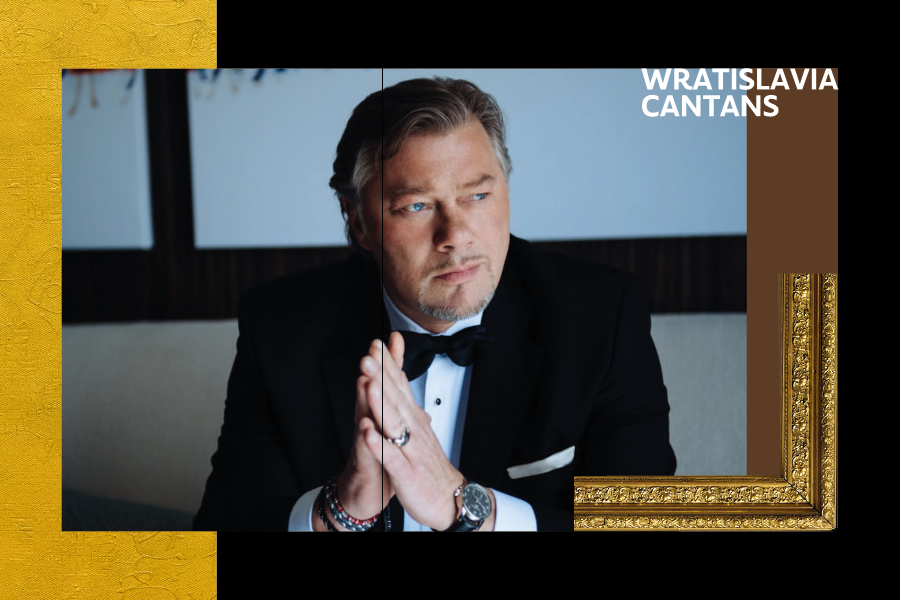Consisting of three acts, Parsifal is the crowning achievement of Richard Wagner’s oeuvre. It is by no means a traditionally understood opera. The composer, wishing to distinguish this work from his other musical dramas and to further emphasise its depth and seriousness, used the term ein Bühnenweihfestspiel i.e. “a ceremonial stage mystery”. During the concert closing this year’s Wratislavia Cantans, the third act of Wagner’s masterpiece will be performed in a concert by the soloists, The Kaunas State Choir and the NFM Wrocław Philharmonic, conducted by Christoph Eschenbach.
The process of conceiving and composing Parsifal took an exceptionally long time. Wagner’s first approach to the subject took place in 1857, when plans and sketches were created. The artist was inspired by the 13th-century chivalric romance Parzival, which he had read in 1845, written by the knight and minnesanger Wolfram von Eschenbach. Wagner wrote his own libretto, modifying some of the threads and adding his own characters. As the idea of creating a piece based on this story matured, Wagner’s musical language developed, as did his concept of a total work of art combining music, stage movement and singing. A theatre was established in Bayreuth, funded by King Ludwig II of Bavaria specifically to stage the musical dramas by the author of Der Ring des Nibelungen. Work on Parsifal fell between 1877 and 1882. It was completed in January, and its first performance took place in July under the baton of Hermann Levi. The premiere audience included Franz Liszt, Anton Bruckner and the young Richard Strauss, and subsequent performances were graced by the presence of Parisians Léo Delibes and Camille Saint-Saëns. A year later, a yet unknown conducting student, Gustav Mahler, appeared in Bayreuth and wrote: “I knew that I had discovered the greatest, most poignant thing that I would carry within me without unblemished until my death”.
Wagner expressed a wish that for three decades after Parsifal’s creation it should be performed exclusively in Bayreuth. In this way, he wanted to enable the creation of a performance tradition, which his family was to see to (and succeeded in doing). However, Wagner’s last work was occasionally played during concerts elsewhere, and in Warsaw it was first performed in 1904 under the baton of Emil Młynarski. An official breach of the arrangements and a great scandal occurred in 1903, when Parsifal was presented by the Metropolitan Opera without the consent of the Wagner family. After the ban was lifted – between January and August 1914 – it was performed in fifty opera houses around the world.
The title character will be sung during the concert at the NFM by the acclaimed Austrian tenor Nikolai Schukoff, who has made it one of his specialties. King Amfortas will be sung by Tomasz Konieczny, an excellent Polish baritone known to audiences all over the world. They will be joined by the German bass René Pape as Gurnemanz. Pape is invited to perform at the Metropolitan Opera, Lyric Opera of Chicago, Royal Opera House Covent Garden, Wiener Staatsoper and, last but not least, La Scala.

